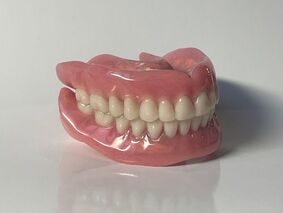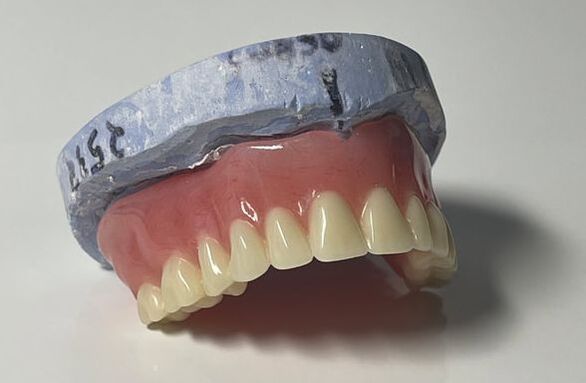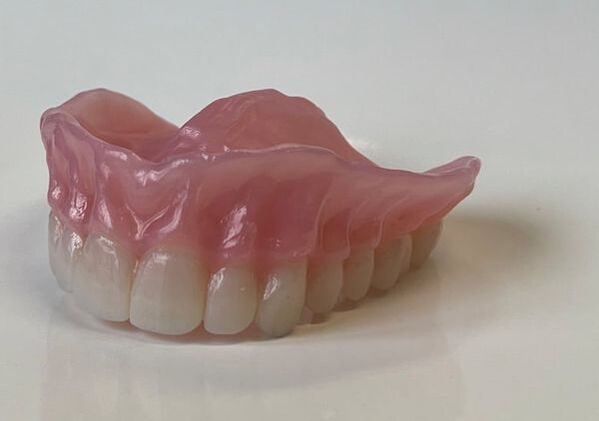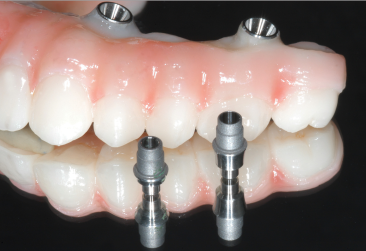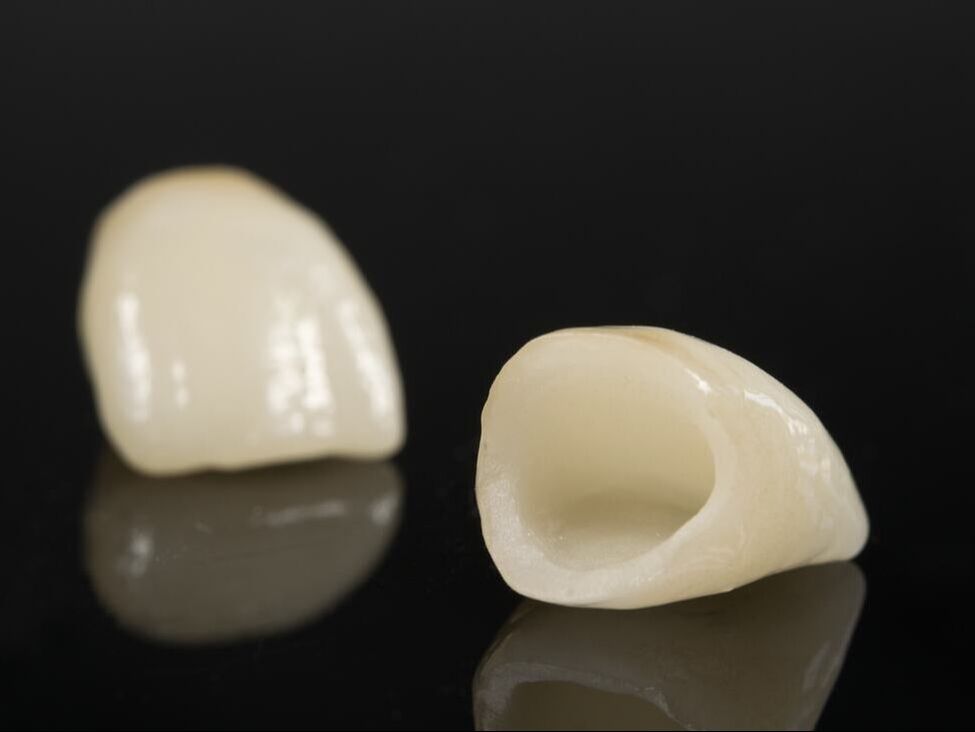It is important to understand the similarities and differences the traditional and implant-supported dentures offer–as well as review the potential effects to the bone, chewing, speaking, and smiling abilities. TRADITIONAL DENTURESTraditional dentures consist of artificial teeth that are attached to a base. The dentures sit directly on the gums, which rest over the bone, and rely on dental adhesive and mouth muscles to stay in place. They can easily be removed from the mouth for cleaning. With proper care, traditional acrylic dentures can last for about five to ten years. Because traditional dentures are not held in place with implants, they do have drastic impact on function. Adhesive-supported dentures can fall throughout the day and shift while eating or talking, creating challenges that natural or implant-supported dentures do not have. Moreover bite force is severely limited by conventional dentures. “Most studies concur that denture wearers have only about one fifth to one fourth the bite strength and masticatory force of natural dentition subjects.” It is recommended to only eat soft foods when using these kinds of restorations. More importantly, the most serious complication with traditional dentures is bone loss. Since the underlying bone is not being used or stimulated, it deteriorates over time. IMPLANT-RETAINED DENTURESThe second type of restoration uses implants to secure it to the bone. Rather than using adhesive to keep the dentures on the gums, the restoration hooks onto the implants that are secured in the bone. Implants are screws that replace the tooth roots; they are directly embedded in the bone to hold down the dentures and provide a stable foundation. A combination of dental implants and dentures provides stability that dentures alone cannot offer. Oral surgery is necessary to install the screws and patients typically only require a local anesthetic. Following the implant placement, must allow a few months for healing before returning to be fit for the denture. Implant-supported dentures can be bar-retained or ball-retained. Bar-retained dentures consist of a metal bar that curves along the teeth line across the implants. On the other hand, ball-retained implants have small pegs that attach to the end of each implant and snap into a corresponding space in the denture. Depending on the patient’s preferences, dentures with implants can either be removable or permanent. Removable dentures affix onto mini implants or an implant bar and can easily be removed for cleaning. Permanent dentures are meant to be treated, cared for, and cleaned like natural teeth: by flossing or brushing. If necessary, a dentist can remove them from the patient’s mouth. Most users of implant-retained dentures report more functionality compared to wearing traditional dentures. Because the dentures are directly attached to and supported by the implants in the bone, they address many of the issues and challenges of traditional ones, such as shifting, speaking, and bone loss. The implants prevent movement while eating or talking, and provide a stronger bite force, allowing the wearer to eat a wide variety of foods that traditional dentures may not allow. The stability also allows the wearer to speak more easily and clearly. Furthermore, dental implants stimulate bone growth by acting like artificial tooth roots. Denture Laboratory Near MeLooking for denture labs? Wherever you are, our denture dental lab can ship to you in days through our excellent shipping services. We ship nationwide, making us a local dental lab all around. The Dental Lab is a full-service dental lab that specializes in dental implants and dentures. We provide dental restorations for dental implants, custom implant abutments, and implant-supported dentures at an affordable price. Our lab utilizes dental CAD/CAMand is able to pour up a soft tissue model using your impression coping and/or analog to scan and design custom-milled dental implant abutments out of titanium or zirconia. As for oral surgery, our lab can create advanced implant surgical guides that are customized through a dental design tutorial to determine accurate surgical drilling and dental implant placement. The tutorial allows the surgical guide to take the CT/X-Ray and design a guide to account for and fit to the patient’s teeth, bones, and tissues while allowing flexibility and determining the vessels and resilience of the gum tissue. Contact us today for more details or information. Sources: Implant-Supported Dentures vs. Traditional Dentures Traditional vs. Implant-Supported Dentures Dental Health and Dentures Biting strength and chewing forces in complete denture wearers Keywords:
The Dental Lab, Dental Lab, Denture labs, denture laboratory near me, Traditional Dentures, Implant-Supported Dentures, local dental labs, Dental Implants, Digital dental, implant supported dentures, implant supported upper denture, implant retained denture, implant retained dentures, dental implants and dentures, dental cad cam, custom implant abutments, implant surgical guide
0 Comments
Leave a Reply. |
